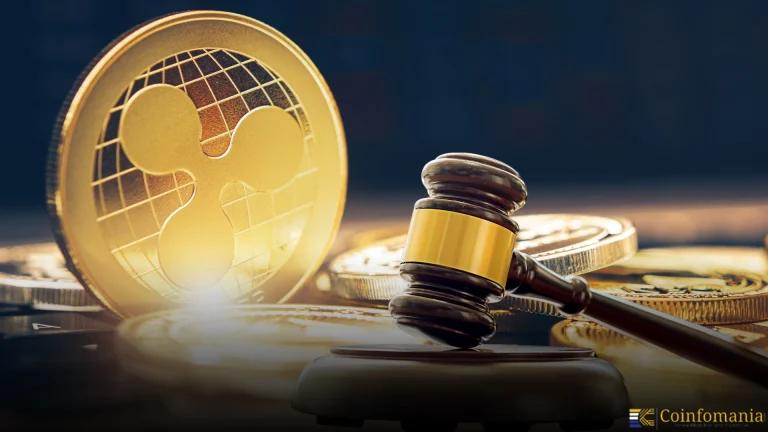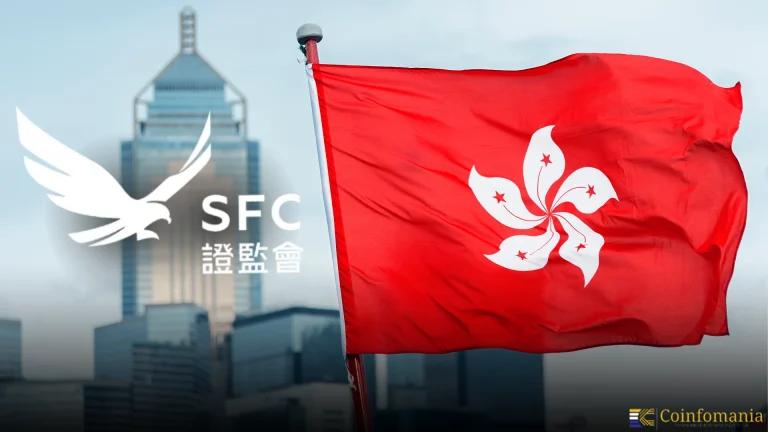Cryptocurrency Regulations in the Philippines
The Philippines keeps it real with cryptocurrency—open to it but with clear boundaries, not a free-for-all or a total shutdown. The country’s rule-makers want to spark new ideas while dodging scams and messes. By March 2025, knowing these rules is a must for investors, businesses, and users to play it safe and legal in a […]

The Philippines keeps it real with cryptocurrency—open to it but with clear boundaries, not a free-for-all or a total shutdown. The country’s rule-makers want to spark new ideas while dodging scams and messes. By March 2025, knowing these rules is a must for investors, businesses, and users to play it safe and legal in a crypto world that’s heating up fast.
Filipinos are diving into digital coins like crazy, and these regulations carve out paths for homegrown startups and big overseas names. Leading the charge are the Bangko Sentral ng Pilipinas (BSP) watching exchanges, the Securities and Exchange Commission (SEC) on investments, and the Bureau of Internal Revenue (BIR) sizing up taxes.
Historical Context
The Philippines started cautiously with crypto. In 2017, the BSP recognized it as a virtual currency but banned its use as legal money, focusing on safety. That year, they rolled out rules for exchanges, a first step to control things. By 2021, the BSP tightened up with new guidelines for virtual asset service providers (VASPs), showing they wanted growth with guardrails.
What’s changed?
Early on, it was all about limits; now, there are licensing platforms like Coins.ph.
Why did it change?
Crypto use spiked—Filipinos love remittances and trading, and the government saw economic perks.
Will it shift more?
Likely yes, with tax rules coming in 2025 and a stablecoin sandbox launching soon, the Philippines is leaning into crypto’s future while keeping it tame, balancing tech dreams with real-world risks.
Regulatory Framework
The Philippines has three key players steering crypto rules. The BSP manages exchanges and virtual assets, requiring companies to register as VASPs and follow strict guidelines. The SEC steps in for investment-related crypto, like tokens that act like stocks, ensuring they’re legit. The BIR is gearing up to tax crypto profits, though details are still forming as of March 2025.
Crypto businesses need BSP licenses to operate, think exchanges or wallet providers, proving they’re above board. AML and KYC rules are non-negotiable, tied to the 2017 Anti-Money Laundering Act, updated in 2022 to cover crypto. Companies must track users and report suspicious moves to stop money laundering. Taxation’s a work in progress—experts say a capital gains tax up to 15% is coming mid-2025, treating crypto like stocks or property.
For ICOs, STOs, and NFTs, the SEC calls the shots if they’re investments; otherwise, they’re unregulated for now. The BSP’s also testing peso-backed stablecoins in a sandbox, hinting at broader rules soon. This setup shows the Philippines wants crypto to grow but not run wild, blending global standards with local needs as digital assets boom.
Philippines Crypto Policies
The Philippines doesn’t let crypto count as official money, so paying with it is illegal—only pesos work for that. But people can own and trade it freely, and platforms like PDAX thrive under BSP licenses. Mining’s allowed too, as long as miners follow basic business laws, though power costs keep it small-scale.
The government’s dipping into digital cash with a Central Bank Digital Currency (CBDC) pilot, Project Agila, started in 2022 and is still being studied in 2025. Blockchain’s getting love too—the BSP’s PhilPaSSplus system, upgraded in 2021, uses it for faster payments. Break the rules, like using crypto to pay, and fines hit hard, up to 500,000 PHP (around USD 8,500). Tax dodging or shady crypto deals could mean jail time under AML laws. The Philippines is clearly pro-crypto with limits, pushing digital growth while cracking down on misuse.
Philippines’ Approach to Crypto Innovation
The BSP launched a regulatory sandbox in 2018, letting fintech and blockchain ideas test safely, think controlled experiments. In 2024, they added a stablecoin sandbox, trialing peso-backed coins to see what sticks. Businesses can’t take crypto payments yet, but trading platforms and remittance services like Coins.ph are booming, especially for overseas workers.
Blockchain’s a government favorite, too. The Department of Science and Technology funds projects like supply chain tracking, and the BSP’s blockchain payment system shows they’re serious. Adoption is high, with over 13% of Filipinos owning crypto in 2024, per Statista, driven by tech-savvy youth and cheap remittances. The Philippines is building a crypto-friendly vibe, testing waters before diving in fully.
Notable Challenges and Issues
Crypto rules in the Philippines aren’t perfect. The BSP and SEC split duties, but gaps, like unclear NFT rules, confuse folks. Enforcement’s a headache too; crypto’s hidden nature makes tracking tax cheats or launderers tough, even with AML laws. Regulators are stretched thin as digital assets explode.
Public views are split hard. Young Filipinos see crypto as a money-maker—remittances alone hit $36 billion in 2024, often via crypto—but older folks and banks stay wary, spooked by scams like the 2023 Axie Infinity hack that lost millions. Trust’s shaky with prices bouncing and rules still settling. The government’s got a tightrope to walk—keeping innovation alive without letting chaos take over.
Key Regulatory Trends and Future Outlook
In 2025, the BSP greenlit stablecoin tests, and the BIR’s tax plan dropped in March, targeting mid-year rollout. Recent moves—like tougher VASP rules in 2024—show a shift to tighter control. Experts predict clearer guidelines by 2026, maybe even looser payment bans if stablecoins prove safe.
The future? Rules might firm up to lure big investors, but stay flexible for startups. The Philippines’ crypto love—second in ASEAN adoption per Chainalysis—could push regional trends, maybe sparking shared standards with neighbors like Vietnam. Globally, it’s a small but loud player, showing how emerging markets can balance crypto chaos and cash.
Conclusion
The Philippines welcomes crypto with rules, not bans, aiming for growth with safety nets by 2025. This matters for investors, businesses, and users chasing opportunities in a wild market. With adoption soaring, the country’s set to lead in Asia’s digital race. Staying sharp on changes is key—reliable updates keep everyone ahead in this fast-moving game.
FAQ
1. Does the Philippines allow Bitcoin?
Yes, people can buy, sell, and hold Bitcoin, but the Bangko Sentral ng Pilipinas (BSP) says it’s not legal for paying bills or shopping.
2. Will crypto profits get taxed soon?
The Bureau of Internal Revenue plans to tax crypto gains by mid-2025, likely treating them like stock profits, up to 15%.
3. Can Filipinos mine crypto legally?
Sure, as long as miners follow standard business laws, but high electricity costs mean it’s not a big deal here.
4. Who’s in charge of crypto rules?
The BSP watches exchanges, the Securities and Exchange Commission (SEC) handles investment tokens, and the BIR is prepping tax rules.
5. Are there safe crypto apps in the Philippines?
Yes, BSP-licensed platforms like Coins.ph and PDAX are legit and follow strict safety checks.
6. Can businesses accept Bitcoin payments?
No, the BSP bans it—businesses can only use pesos for transactions, though they can trade crypto.
7. Is the government into blockchain stuff?
Big time—the BSP’s testing a digital peso with Project Agila, and blockchain’s speeding up payments nationwide
Follow us on Google News
Get the latest crypto insights and updates.
Related Posts

Ripple Highlights Custody as Key to $18.9T Tokenized Assets by 2033
Shweta Chakrawarty
Author

Hong Kong SFC Issues New Custody Rules for Crypto Platforms
Shweta Chakrawarty
Author

South Korea and Vietnam eye $150B trade despite Trump tariff
Shweta Chakrawarty
Author